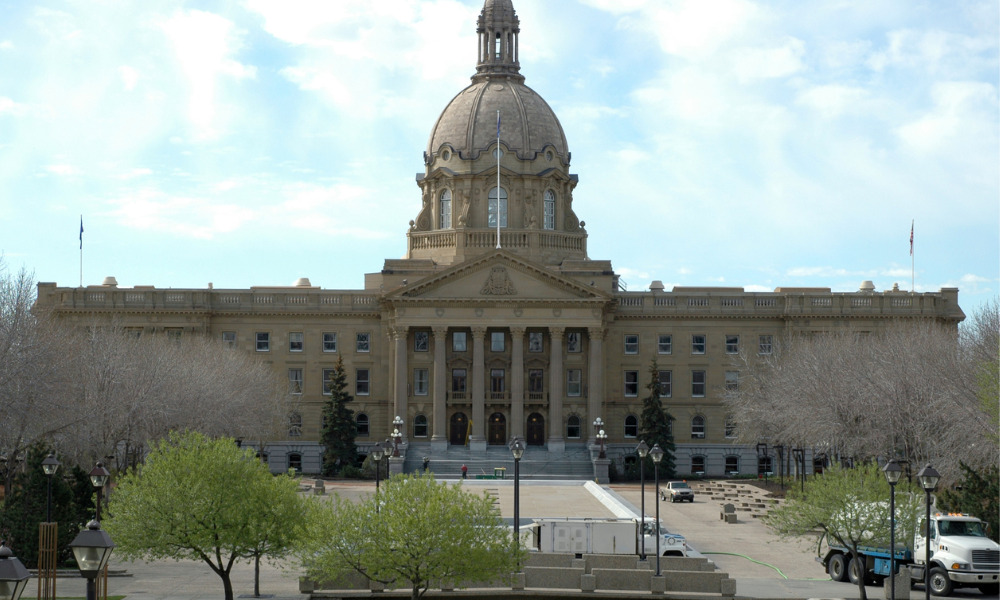
Act penalizes trespassing or damaging essential infrastructure with fines or imprisonment

The Canadian Civil Liberties Association has published a criticism of legislation recently passed in Alberta to protect infrastructure, calling attention to the potential infringement of the rights to free expression and peaceful assembly under the Canadian Charter of Rights and Freedoms, in the name of safeguarding commercial, economic and property rights.
Alberta’s Bill 1, the Critical Infrastructure Defence Act, recently received royal assent and came into force June 17.
The Act aims to protect essential infrastructure from damage or interference resulting from blockades, protests or similar activities which endanger the public or which cause significant social, economic and environmental impacts. Essential infrastructure, as defined by the Act, includes both publicly and privately-owned infrastructure such as utilities, mines, oil and gas sites, pipelines, telecommunication lines, waterworks systems, highways and railways.
Trespassing on, damaging and destroying essential infrastructure, as well as obstructing its use, construction, maintenance or operation, are offences under the Act, for which there are penalties such as imprisonment and fines ranging from $1,000 to $25,000 for individuals, and fines ranging from $10,000 to $200,000 for corporations. Offenders may be arrested without warrant.
“The right to protest does not include being able to prevent your neighbours from getting to work and putting food on the table, or threatening their security,” Premier Jason Kenney said of the Act.
“Our government will not stand idly by and allow Alberta to be an economic hostage to illegal activity now or ever,” said Doug Schweitzer, Alberta’s justice minister.
“[T]here is no independent, constitutional right to property,” wrote Samuel Mazzuca, a law student volunteer for the CCLA, in a blog post. “Yet, in the estimation of the Alberta Government, these non-constitutional ‘rights’ are so paramount that fundamental freedoms essential to human dignity and self-worth must bow down to them.”
According to Mazzuca, the passage of the legislation had been “borne out of a knee-jerk reaction to the Wet’suwet’en protests” in early 2020. The Act affords broad discretion over what can be considered essential infrastructure, which gives corporations and the government significant power to quell peaceful assemblies and protests, said Mazzuca.
The Alberta Union of Provincial Employees has also launched a constitutional challenge alleging that the Act breaches the right to freely participate in peaceful protests.